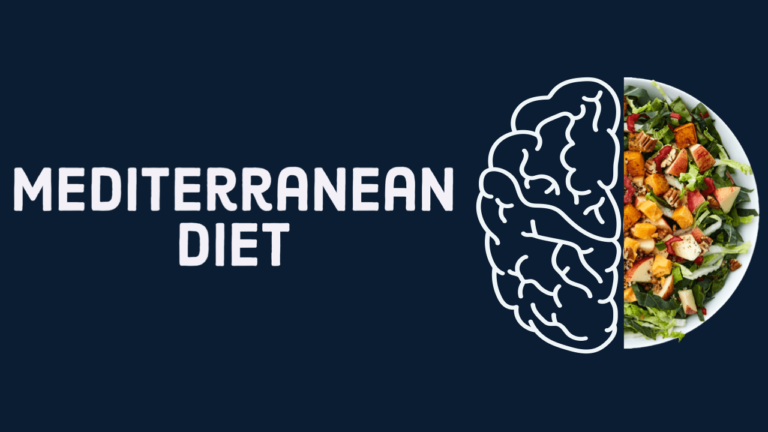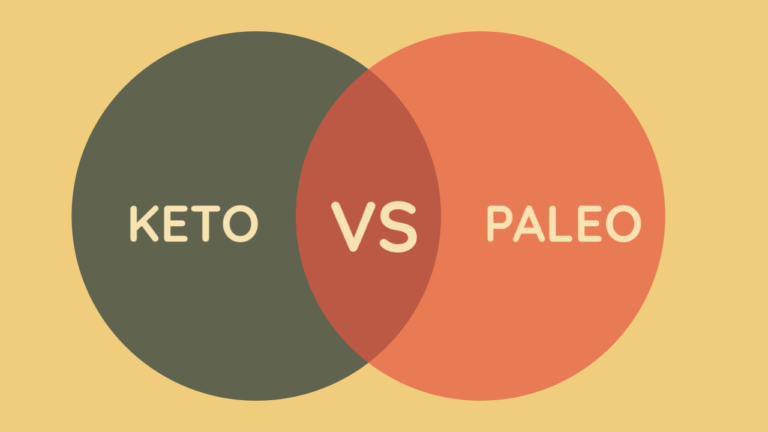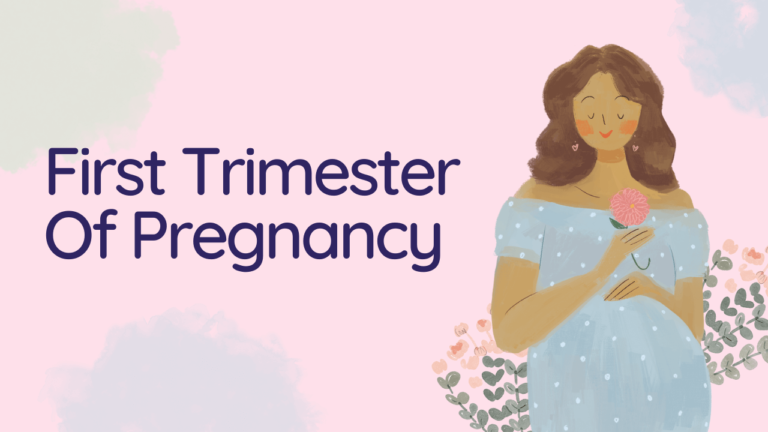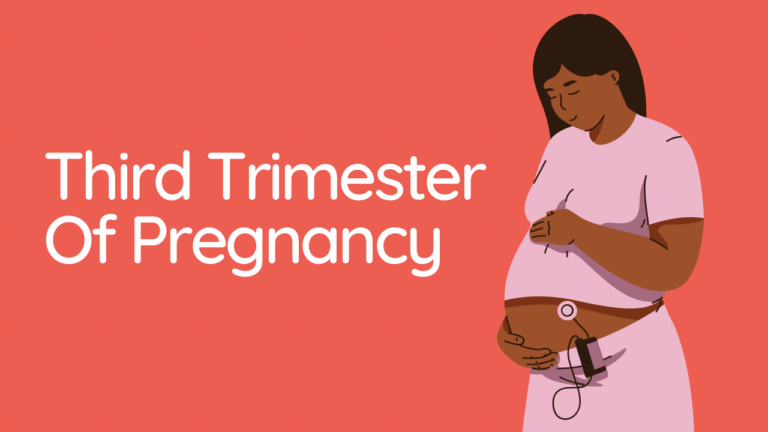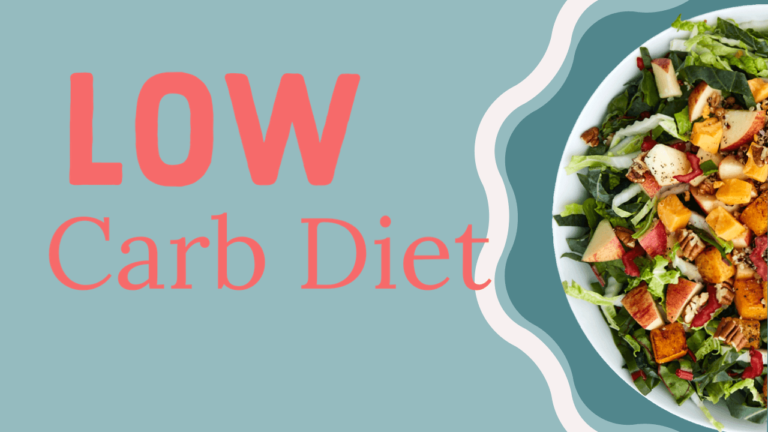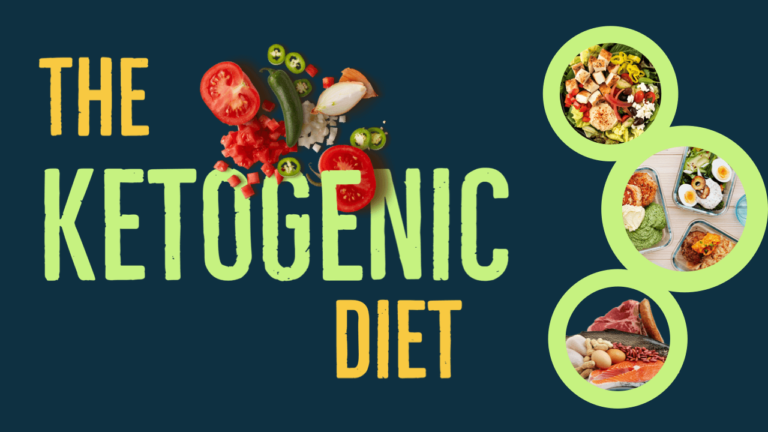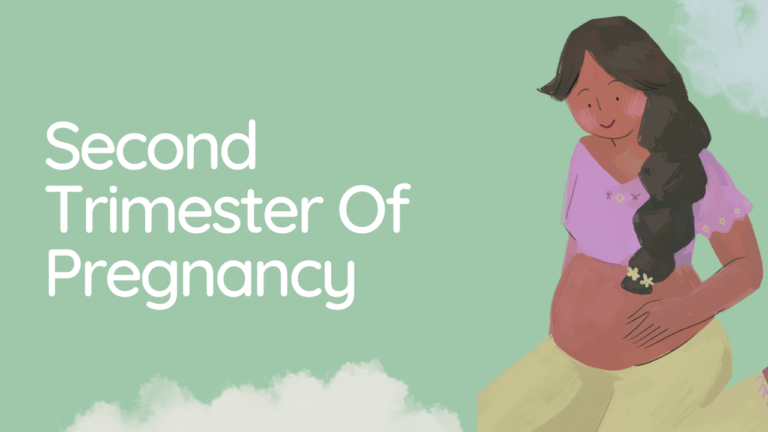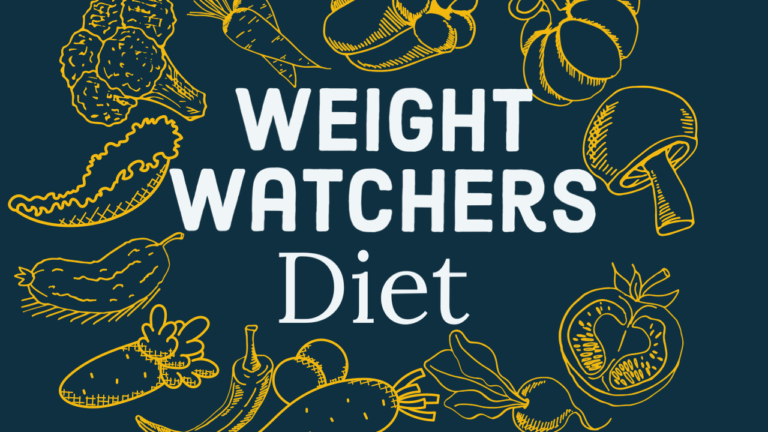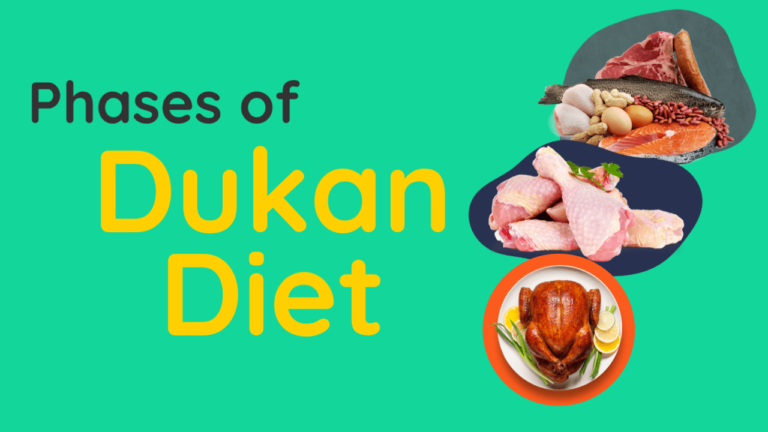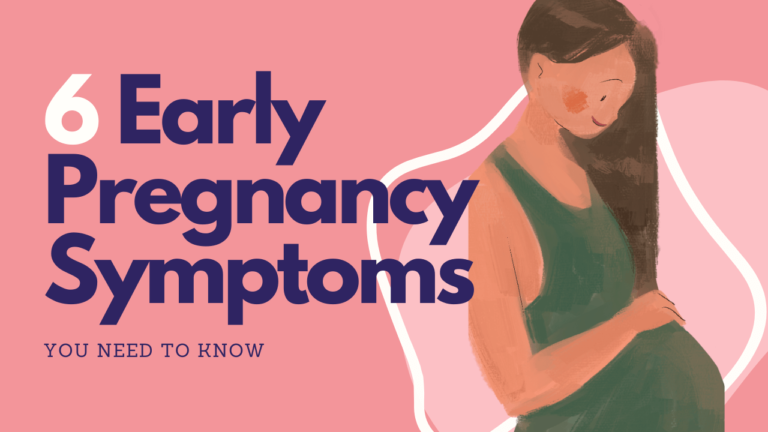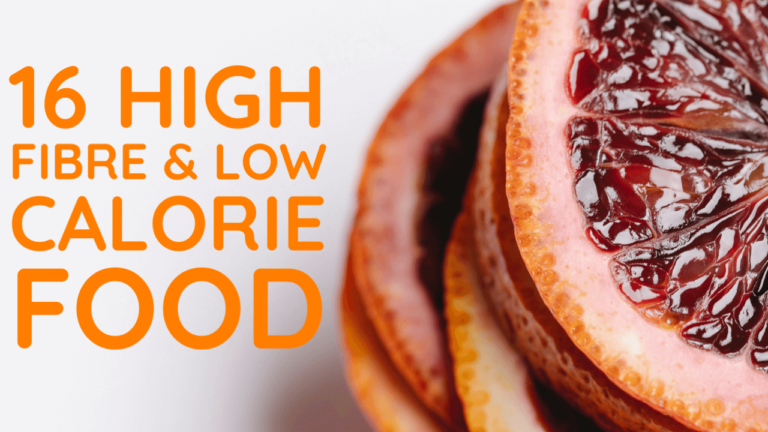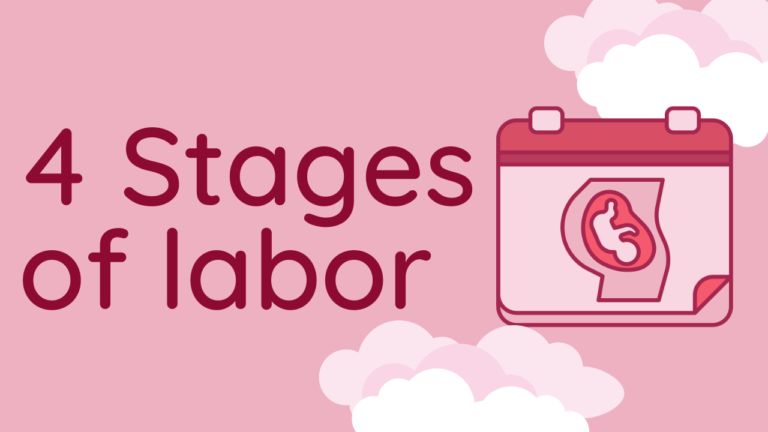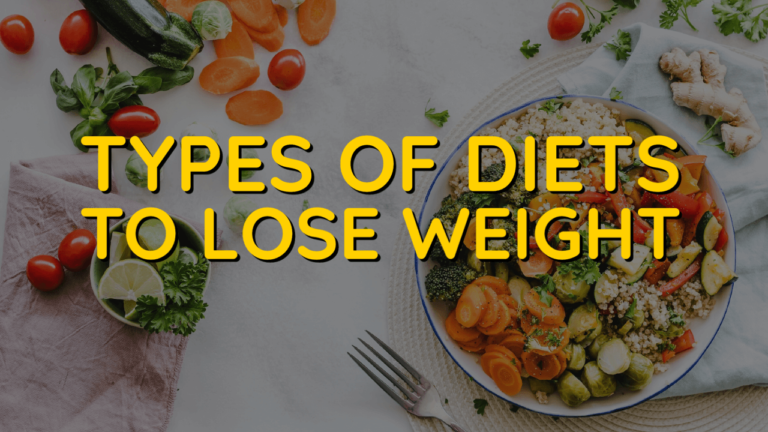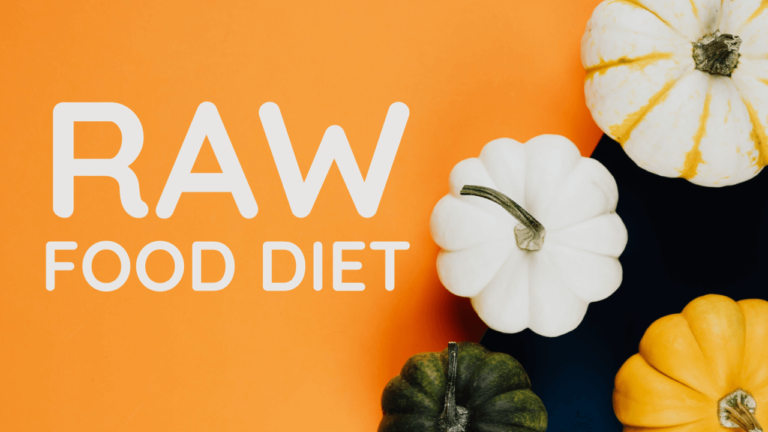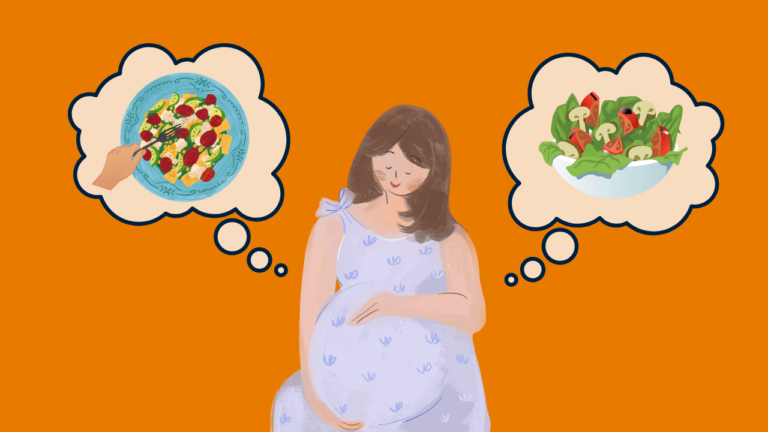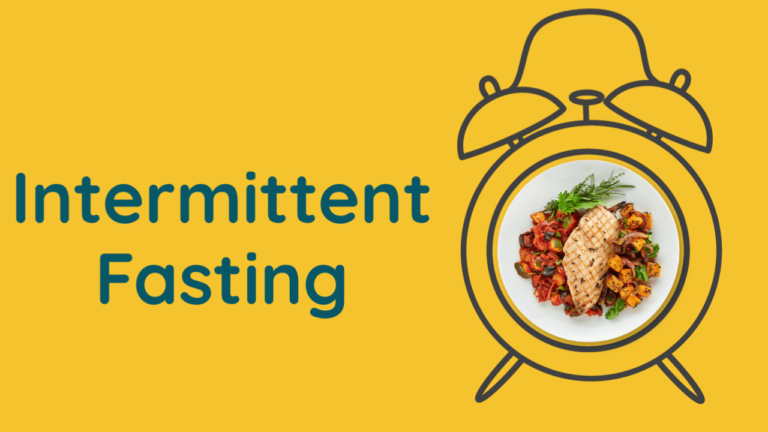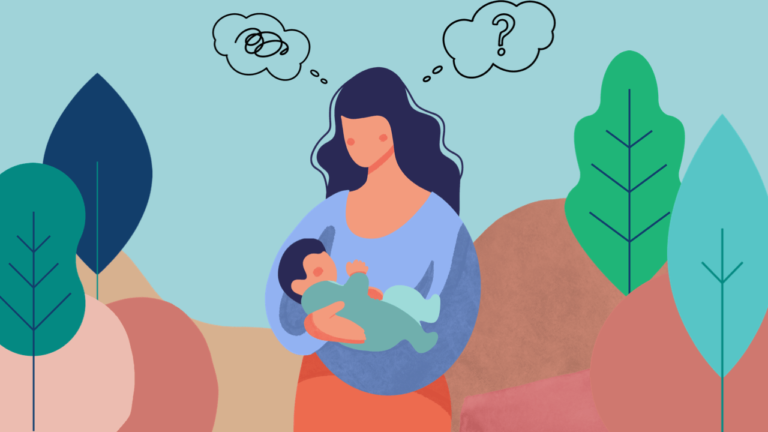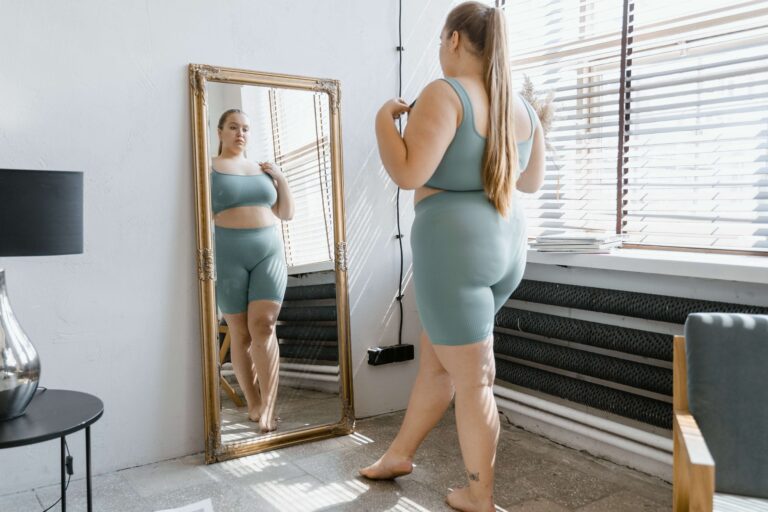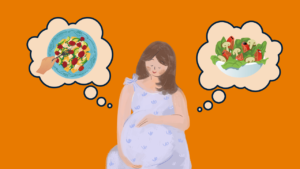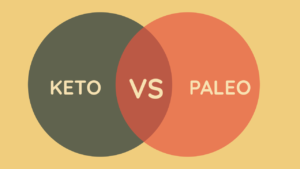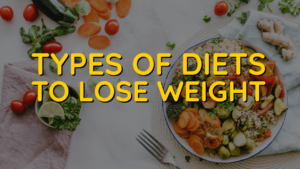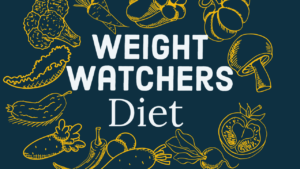What Is The Vegan Diet (VD)?
A vegan diet is a type of plant-based diet that eliminates all animal products, including meat, poultry, fish, dairy, eggs, and honey. People following a VD consume only foods derived from plants, such as fruits, vegetables, grains, legumes, nuts, and seeds. The goal of a vegan diet is to obtain all necessary nutrients from plant-based foods and to avoid the use of animal products for ethical, environmental, or health reasons.
Veganism has grown in popularity in recent years, and for good reason. A plant-based diet has numerous health and environmental benefits, but it can also be a challenge to ensure you’re getting all the nutrients your body needs. In this guide, we’ll cover everything you need to know about a VD, including the health benefits, how to meet your nutritional needs, and delicious meal ideas.
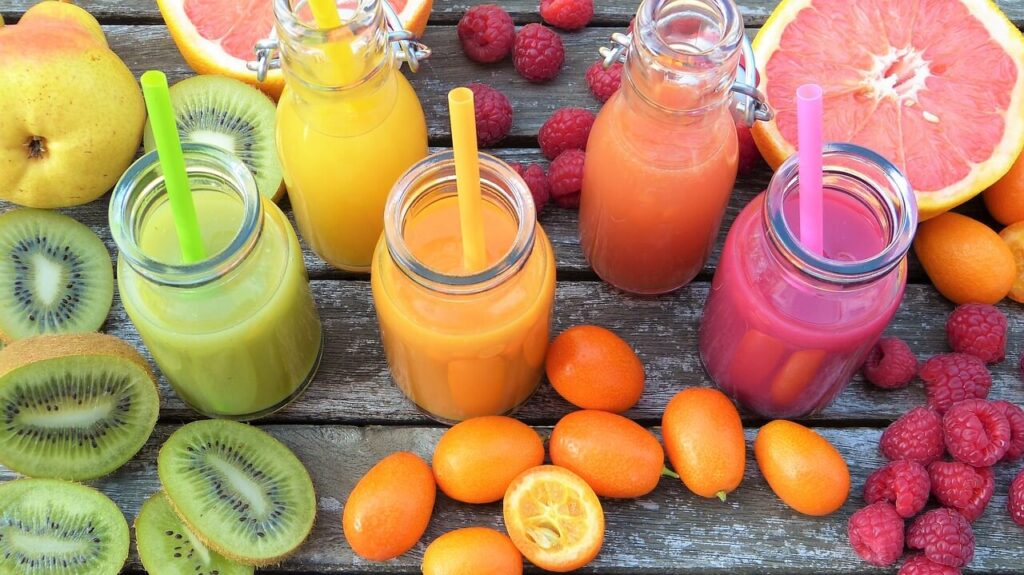
The Health Benefits of a Vegan Diet
The health benefits of a vegan diet plan are many but here are some of the key highlighted benefits of this diet for you which is proven .
- Improved heart health: A VD is high in fiber, antioxidants, and healthy plant compounds, which can help lower the risk of heart disease.
- Lower risk of certain diseases: Research has shown that a VD can lower the risk of certain diseases, such as type 2 diabetes, certain cancers, and obesity.
- Better weight management: VD are typically lower in calories and saturated fat than non-vegan diets, which is why many people choose vegan diet for weight loss.
- Improved digestion: A high fiber content of a VD can help improve digestion and prevent constipation.
The section could also include references to scientific studies and data to support the health benefits of a vegan diet. Additionally, it could discuss how a well-planned VD can provide all the essential nutrients needed for a healthy lifestyle.

Meeting Your Nutritional Needs on a Vegan Diet
One of the biggest concerns people have when transitioning to a VD is whether they will be able to get all the necessary nutrients their body needs. To address those concerns and educate you about how to meet their nutritional needs on a VD.
Protein: How a VD can provide enough protein through plant-based sources.
Protein is very important for repairing the tissues as well as building the tissues in the body. It can be obtained through plant-based sources such as legumes, soy products, nuts, and seeds.
Legumes like beans, lentils, and chickpeas are rich in protein and can be used to make a variety of dishes like salads, soups, and stews. Soy products like tofu, tempeh, and edamame can also provide a good source of protein for vegans. Nuts and seeds like almonds, cashews, and chia seeds are not only a good source of protein but also contain healthy fats, fiber, and other essential nutrients.
Vitamin B12: Why vitamin B12 is important for vegans
Vitamin B12 is important for maintaining healthy nerve function and red blood cells. It can be found naturally in animal products but is not widely available in plant-based foods.
Therefore, vegans should ensure they get enough vitamin B12 through fortified foods or supplements. Fortified plant milks, nutritional yeast, and fortified breakfast cereals are some examples of B12-fortified foods that vegans can include in their diet.
Iron: Importance of iron in a vegan diet and highlight iron-rich plant-based foods
Iron is an essential mineral that is necessary for producing hemoglobin, a protein in red blood cells that carries oxygen throughout the body.
Iron can be found in both animal-based and plant-based foods, but the form of iron in plant-based foods is not as well absorbed as the form in animal-based foods. To ensure adequate iron intake, vegans should eat iron-rich plant-based foods such as spinach, lentils, and fortified cereals. They can also improve the absorption of iron by consuming vitamin C-rich foods with their meals.
Omega-3 fatty acids: Discuss the importance of omega-3 fatty acids in a Vegan healthy diet
Omega-3 fatty acids are essential fatty acids that play a crucial role in maintaining heart health, reducing inflammation, and improving brain function.
While fatty fish is the main dietary source of omega-3s for non-vegans, vegans can get their omega-3s from plant-based sources like flaxseed, chia seeds, and algae-based supplements. To ensure adequate omega-3 intake, vegans should aim to include these sources in their diet regularly.
Summary, a well-planned VD can provide all the necessary nutrients the body needs for good health. However, it’s important for vegans to be aware of the nutrients that are typically found in animal products and make sure they are getting enough of them through plant-based sources or supplements. By incorporating a variety of plant-based foods and being mindful of their nutrient needs, vegans can maintain a healthy vegan diet.
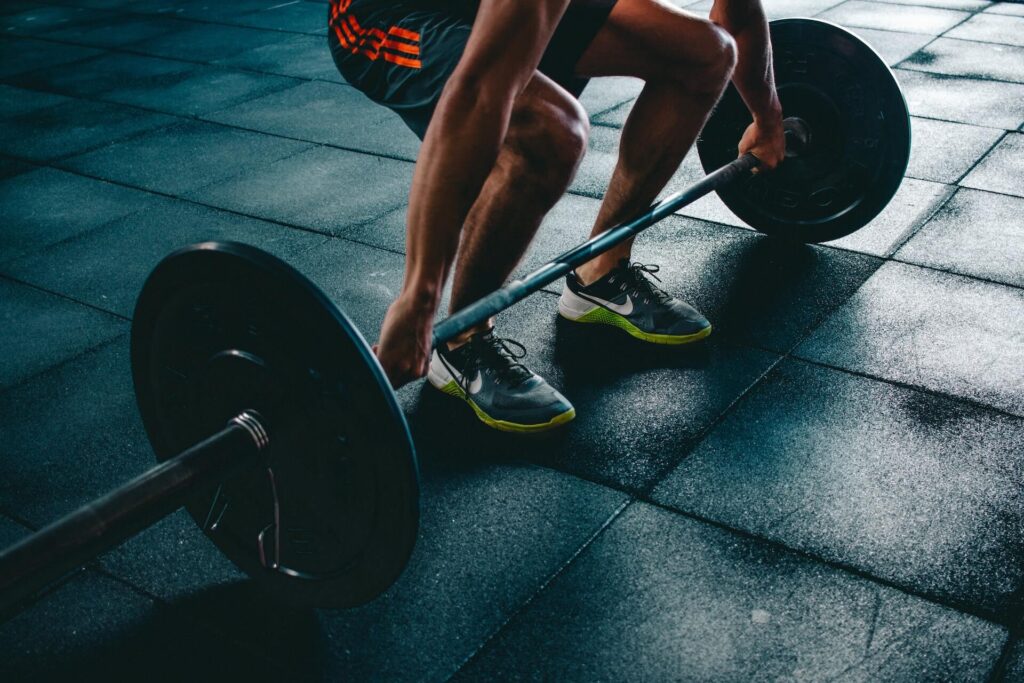
Vegan Diet for Bodybuilders
Bodybuilding on a this healthy diet vegan can be challenging, but it is possible to build muscle and achieve your fitness goals while following a plant-based lifestyle. Here are some tips for bodybuilders:
- Consume enough protein: Protein is essential for building muscle, and it’s important for vegans to consume enough of it to support their fitness goals. Plant-based protein sources like legumes, soy products, nuts, and seeds can provide enough protein for bodybuilders. To ensure adequate protein intake, vegans should aim to consume at least 1.6 grams of protein per kilogram of body weight daily.
- Eat a variety of plant-based foods: To get all the essential nutrients your body needs, it’s important to eat a variety of plant-based foods. These foods such as fruits, vegetables, whole grains, legumes, seeds, and nuts. Eating a variety of plant-based foods will also ensure you get enough fiber, vitamins, and minerals.
- Consume enough calories: Bodybuilding requires a caloric surplus, meaning you need to consume more calories than you burn. Vegan bodybuilders should aim to consume enough calories to support their fitness goals and make sure they are getting enough nutrients from their food.
- Use supplements: While a well-planned VD can provide all the necessary nutrients for good health, it may be helpful for bodybuilders to use supplements to ensure they are getting enough of certain nutrients like vitamin B12, iron, and omega-3 fatty acids.
- Stay hydrated: Staying hydrated is important for overall health and can also help with muscle recovery and performance. Vegan bodybuilders should aim to drink enough water and consume electrolyte-rich foods like coconut water and sports drinks to ensure they stay hydrated.
Summary: With proper planning and a balanced diet, it is possible for vegan bodybuilders to achieve their fitness goals and build muscle on a plant-based diet. By consuming enough protein, eating a variety of plant-based foods, getting enough calories, using supplements, and staying hydrated, vegan bodybuilders can support their health and fitness goals.

Delicious Plant-based Meal Ideas
Following a VD doesn’t have to mean sacrificing flavor or variety. Here are some delicious plant-based meal ideas to help inspire you:
- Lentil and vegetable stir-fry: Cook lentils in a pan with your favorite vegetables like bell peppers, carrots, and broccoli. Season with spices like turmeric and cumin, and serve over brown rice.
- Chickpea and avocado salad: Mash chickpeas and avocado together and serve on a bed of mixed greens. Top with cherry tomatoes, red onion, and a squeeze of lemon juice.
- Grilled portobello mushrooms: Marinate portobello mushrooms in a mixture of balsamic vinegar, olive oil, and herbs. Grill until tender and serve with a side of roasted vegetables and quinoa.
- Sweet potato and black bean tacos: Roast sweet potatoes and mix with black beans, salsa, and guacamole. Serve in corn tortillas and top with fresh cilantro.
- Spaghetti squash and marinara sauce: Bake a spaghetti squash and use a fork to remove the spaghetti-like strands. Top with your favorite marinara sauce and a sprinkle of nutritional yeast.
These are just a few examples of the many delicious plant-based meal options available. With a little creativity and the right ingredients, on this diet, it’s easy to enjoy a variety of tasty and nutritious meals.
Conclusion:
In conclusion, a vegan diet is healthy and delicious option for people of all ages and lifestyles. With the right planning and attention to nutritional needs, you can reap the numerous health benefits of a plant-based diet while enjoying delicious and satisfying meals. Whether you’re looking to improve your overall health or build muscle, this guide has everything you need to get started on your vegan journey. Stay Positive!




